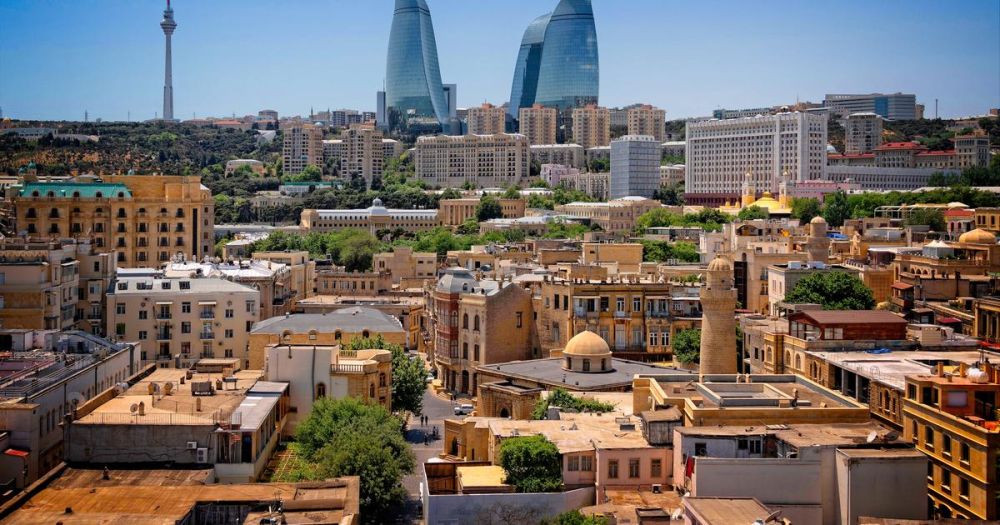

Baku, the capital city of Azerbaijan, is not only the economic hub of the country but also a burgeoning tourist destination. The city beautifully merges ancient traditions with modern advancements, offering a rich tapestry of culture and history.
The history of tourism in Baku traces back to the early 19th century. With the onset of the oil boom, Baku saw an influx of international businessmen and industrialists drawn by the prospects of the burgeoning oil industry. Although this was not tourism in the traditional sense, it marked the beginning of a diverse range of international visitors to the city.
During the Soviet era, Baku progressed to be a notable vacation spot within the USSR, drawing visitors with its unique architecture, coastal location, and warm climate. However, it was not until the dissolution of the Soviet Union and Azerbaijan’s subsequent independence in 1991 that Baku's tourism would be poised for significant growth.
In the post-independence period, Azerbaijan recognized the potential of its unique culture and heritage to attract tourists from around the world. With significant investment in infrastructure and keen development strategies, Baku began to renovate its old city while also embracing modernity, epitomized by the construction of eye-catching contemporary landmarks like the Flame Towers.
A defining moment for Baku's tourism history came with the inscription of the city’s ancient core, Icherisheher (Old City), along with the Shirvanshah's Palace and the iconic Maiden Tower, on the UNESCO World Heritage List in 2000. These sites became significant drawcards for history enthusiasts and cultural tourists alike.
Entering the 21st century, Baku embarked on a mission to attract international attention through events tourism. The city has since hosted major global events including the Eurovision Song Contest in 2012, the inaugural European Games in 2015, and regular Formula 1 Grand Prix races since 2016. These events have catapulted Baku into the global limelight and significantly boosted its tourism profile.
In recent years, Baku has witnessed a new trend towards experience-based and sustainable tourism. Travelers are increasingly drawn to authentic experiences that include local food tours, immersive cultural exchanges, and eco-friendly accommodations. This shift is indicative of a wider global trend towards responsible and enrichable travel.
Moreover, the Azerbaijani government has facilitated travel by easing visa procedures with the introduction of e-Visas for citizens of many countries, simplifying the process for tourists to enter the nation. Additionally, Baku's growing reputation as a safe, hospitable, and culturally vibrant city is attracting larger and more diverse groups of travelers.
As Baku continues to evolve as a diverse tourist destination, it also pays homage to its ancient roots, offering visitors a unique blend of the old and the new. With ongoing development and strategic positioning, Baku is set to build upon its rich tourism history to capture the hearts of global explorers for years to come.